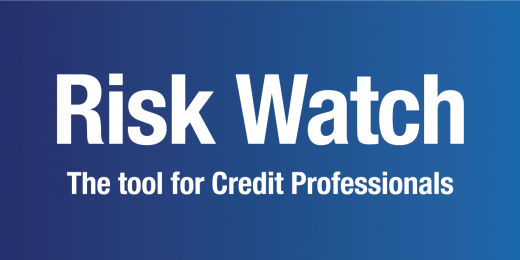Professional Practice – When it pays to be the worst performing partner.
Share

Most businesses are valued on an earnings basis, and as you might expect, in general the more a business earns the more a business is worth.
In simple terms if a business is worth more on an earnings basis than a net assets basis then the difference between the value of the business and the value of the net assets is known as the goodwill.
Goodwill is an intangible asset and it is not always clear what drives its value, examples of what might drive goodwill value could be, good branding, lucrative contracts or strong management.
However when dealing with professional practice goodwill gets a bit more complicated because another element is introduced, that is personal goodwill (built on relationships), which is the value add that an individual gives to a business.
When deciding who is best to meet the needs of a particular property dispute, I am not going to think ‘ABC Lawyers (ABC) are the best at property law’, I am going to think, ‘of a particular practitioner (Lawyer A) who is the best property lawyer for this matter and Lawyer A works at ABC.’ Therefore in this case the Lawyer A’s ‘brand’ was more important than ABC Lawyers brand.
Now let’s say that Lawyer A has a fellow partner at ABC, ‘Lawyer B’ whose reputation is not as good as Lawyer A and subsequently only brings in about $200,000 in profit to ABC compared to Lawyer A who brings in about $800,000 in profit.
Clearly Lawyer A is more valuable to the business than Lawyer B so it should follow that Lawyer A’s share of the business is worth more than Lawyer B’s, however the opposite is in fact true.
Under current arrangements the combined profits are split between them equally, so both parties earn around $500,000 per year. However, if the partnership were to dissolve Lawyer A could see his income rise to around $800,000 whist Lawyer B would see his fall to around $200,000 per year. Clearly one party would be happier with this than the other.
Under the current arrangement Lawyer B is effectively entitled to all of his own income plus $300,000 per year in ‘super profits’ that he is entitled to as a result of Lawyer A’s performance. Therefore, Lawyer A would need to ‘buy’ that income back from Lawyer B if the partnership dissolved (or if you prefer compensate Lawyer B for future lost earnings).
Therefore to Lawyer A the partnership is worthless (or worse an ongoing cost) but to Lawyer B it is worth a multiple of $300,000 per year.
Learning Outcomes
Nobody expects a business venture to fail. However, for those in professional practice you make sure that there are clear mechanisms in place to deal with valuations in-case of any future disputes or dissolution. Its likely someone will still be upset but at least the process will be transparent, and hopefully cheaper and easier for everyone involved.
Should you require any Valuation, Litigation Support or Forensic Accounting services contact Gary Fettes and Mark Ellis of Rodgers Reidy on (03) 9670 8700





